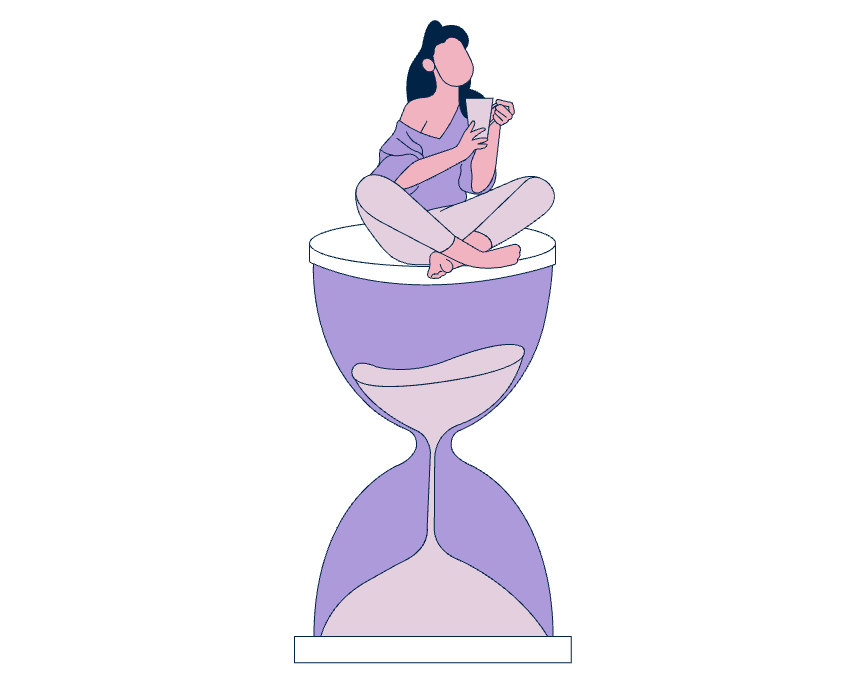Category: Stress Management For Physicians
-
Addressing Shame

“It’s okay to not be okay.” “You are enough.” “Don’t compare your insides to other people’s outsides.” You have likely heard one (or all) of these common sayings aimed at reducing shame. Some may resonate with you more than others. You also might find that none of them resonate with you enough to help you…
-
Stigma, Shame & Psychotherapy for Physicians

Research shows that only 16% of medical professionals under age 55 who are experiencing significant distress will reach out for help. Over age 55, that percentage drops to 6%. There are a number of both internal and external barriers to accessing needed mental healthcare. While they are real and valid, external barriers can sometimes absorb…
-
Beyond Self Care: Coaching and Psychotherapy

Maybe you’re doing all the things. You meditate, eat well, exercise, seek out appropriate social support, set good boundaries, and follow good sleep hygiene practices. But you’re still feeling significant distress. There can be a tendency to push ourselves harder, to berate ourselves for not feeling better despite our best efforts. But this is often…
-
Caring for Yourself as a Physician

Consider taking care of a child, a pet, or a garden. Do you ignore them for long stretches and attend to them periodically and call that good care? Or does caring for pretty much anything or anyone you can imagine involve paying consistent attention to their needs and taking steps to meet those needs? Self-care…
-
Self Directed Self Care

“When someone is drowning, that is not the time to teach them how to swim.” How does the concept of self-care land on you? Do you envision morning meditations, beach vacations, a dedicated yoga practice, or something else that replenishes and renews you? Or do you experience it as another obligation, just one more thing…
-
Reducing Distress by Thinking about Thinking

Consider this scenario: I am approaching my house, which I believe to be empty. I hear unmistakable noises from inside. If I conclude that I am interrupting a break-in, I will take precautions. If it turns out to be a surprise party, that’s okay. I may have felt frightened for no reason, but I really…
-
Cumulative Trauma in Medicine

One of the biggest challenges with setting boundaries may be an unacknowledged internal drive to avoid those boundaries. We talked last time about challenging ideas of work as worth and about accepting that no amount of accomplishment can resolve empty feelings. You could pour a literal ocean into a cup with a hole in it…
-
Challenging Ideas of Work as Worth

Much of our suffering comes from efforts to avoid suffering. Or, in the words of Carl Jung: “What we resist, persists.” Overwork can be one of the ways that we resist distressing emotions. Sometimes it can be harder to spot than other maladaptive coping mechanisms because work, and often overwork, tends to be praised and…
-
Intimate Partner Violence in the Medical Community

Though this is frequently unacknowledged, physicians experience intimate partner violence (IPV) at a rate consistent with or higher than the national average (Reibling, et al., 2020). Some progress is being made, but there are still a number of significant barriers to reporting this experience. Physicians and other healthcare professionals may be reluctant to seek medical…
